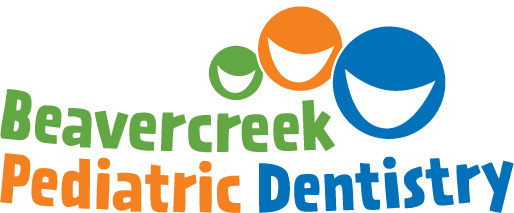WHEN DOES MY CHILD NEED TO SEE AN ORTHODONTIST?
Orthodontists do more than straighten teeth and create pretty smiles. While aesthetics are extremely desirable, the health of the bite (the way the top and bottom teeth fit together) and the prevention of crooked and overcrowded teeth are more important.
Overcrowded teeth can lead to tooth decay, gum disease and even tooth loss because they are difficult to keep clean and free from decay. Further, an incorrect bite can lead to problems chewing and/or talking.
That’s why the American Academy of Orthodontics recommends children see an orthodontist by age 7. Orthodontists are trained to detect subtle issues with jaw growth and your child’s bite, even while she still has baby teeth.
Even if your child’s teeth look straight, there could be a problem that needs monitoring as she grows and develops. An orthodontist will let you know if treatment can wait until she’s older or if early intervention is best. Early treatments may counter more serious problems down the road by:
- guiding your child’s jaw growth.
- lowering the risk of trauma to protruded front teeth.
- correcting harmful oral habits.
- directing permanent teeth to appropriate spaces.
- improving your child’s smile.
Because patients differ in both physiological development and treatment needs, an orthodontist provides each patient with the most appropriate treatment at the most appropriate time. Treatment options include:
- Archwires — Archwires thread through slots in metal braces or brackets and encircle the teeth, delivering a constant but gentle force to move and straighten.
- Braces — Traditional braces are brackets made of stainless steel and affixed to teeth. Other braces are made of tooth-colored ceramic or porcelain.
- Clear aligners — These clear, plastic trays are molded to fit a patient’s mouth and move teeth. The patient puts them in and removes them for meals, tooth brushing, and flossing. Aligners are replaced every two to three weeks.
- Elastics — Sometimes teeth need an extra push to align properly. That’s what these tiny rubber bands do.
- Headgear — This removable appliance surrounds a child’s head and guides face and jaw growth.
- Retainers — Retainers are clear, slightly flexible tools that maintain the new positions of teeth after traditional orthodontic treatment is completed.
An orthodontist can best tell you what your child needs for proper jaw growth and tooth alignment. Ask your pediatric dentist for a referral at your next appointment.


 We are easy to find.
We are easy to find.